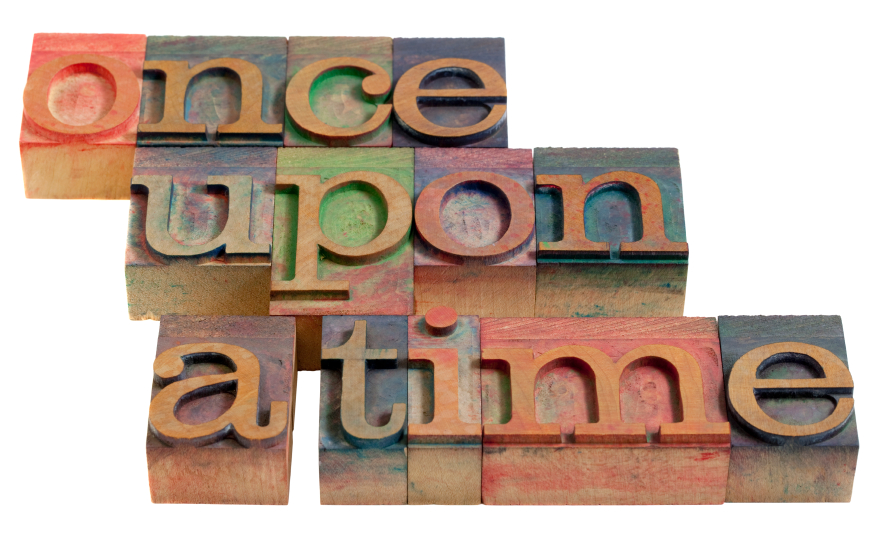According to the Content Marketing Institute (and you just know something has arrived when it gets big enough to have its own institute). Content marketing is defined as:
“A marketing technique of creating and distributing valuable, relevant and consistent content to attract and acquire a clearly defined audience – with the objective of driving profitable customer action.”
I’m not sure how content (ahem) I am with that definition. Here’s maybe one that’s a bit less wordy from Scribewise:
“The creation and distribution of journalistic, audience-focused content that helps people do their jobs or live their lives.”
But maybe, it can be even simpler:
“Stories that interest/excite your customers.”
 Make it interesting
Make it interesting
That’s mine so feel free to shoot it down. But it captures the key tenet of content marketing as I see it that whatever you’re writing, filming, recording etc, and wherever you publish it be it on a website, an online newsletter, or a social media platform for example, it must appeal to the interests of your customers.
The advertorial – now more commonly badged as native advertising – is a great example of content marketing. In days gone by it was pretty bad (scarcely much more than an advert), but most businesses seems to have cottoned on to the importance of making it a really audience focused piece (i.e. make it interesting) where the hard sell is impossible to detect. After all, what’s the point in paying for something that no one reads?
Nothing new
Most people who’ve worked in public relations for any length of time will scoff at the idea that content marketing is something new; they’ll say (alright, I’ll include me too) that we’ve been coming up with interesting content ideas for businesses for years that work to exploit themes and topics that will interest the customer without resorting to an overt sales pitch (journalists have long been great filters for what makes good content marketing and what doesn’t).
Quite true. The excitement now of course is that those journalistic gatekeepers can’t get in the way of all the new communication routes to the customer that technology has introduced. The danger is forgetting that an easier route to market doesn’t mean any less effort should be made in making the product that we take to market (in this case the content) something that our target customers really want to read, watch, or listen to.



